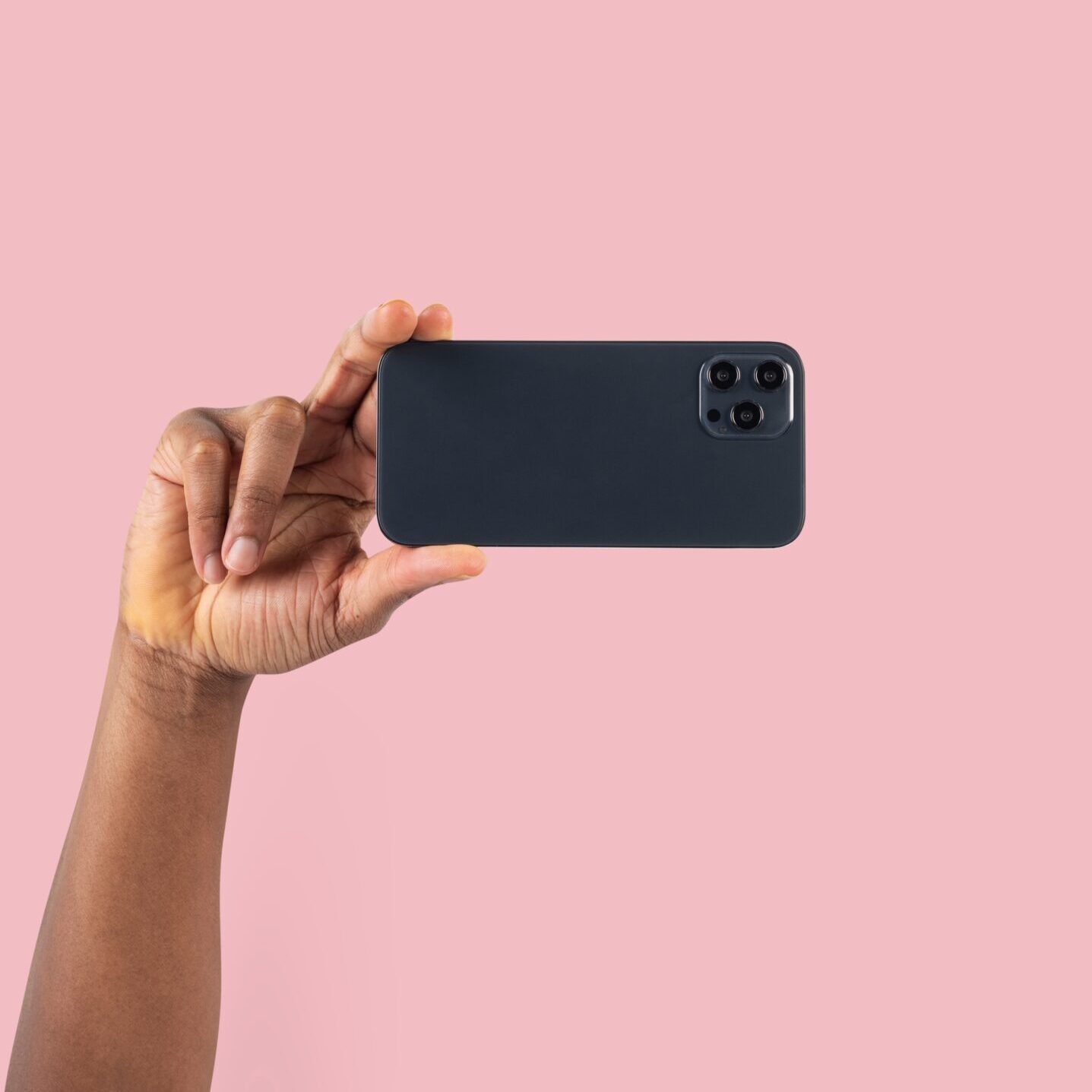Recording Police Encounters – Is It Permissible?
On the internet, it’s easy to find many videos of people recording police encounters. However, there are also many videos of police trying to stop the public from taking photos or videos them. In some cases, people even get in trouble for documenting police activity. So, what is the legality of recording police in New York?
Recording Police in New York
In the United States, the First Amendment to the Constitution protects the freedom of speech from being infringed upon by the government. When it comes to documenting the police, many federal courts have extended First Amendment protections to this activity because the public has a right to gather information about what public officials do on public property.
Congress shall make no law respecting an establishment of religion, or prohibiting the free exercise thereof; or abridging the freedom of speech, or of the press; or the right of the people peaceably to assemble, and to petition the Government for a redress of grievances. ~The First Amendment
Here in New York, we have a state law that explicitly protects the right for citizens to record the police. The law allows for documenting police activity free from police interference, and it permits lawsuits for any violations of this right. However, this assumes that the person with the camera isn’t interfering with a police business. Additionally, the recording shouldn’t be done in secret, and it should be done from a public place and of people and things in plain view.
Moreover, the person documenting the police shouldn’t act in a way which compromises police or public safety. Relatedly, it is perfectly acceptable for police to ask the public to keep a safe distance from any crime scene or location of an investigation. Sometimes, the police may just want to afford impacted parties some privacy – particularly when there is a person injured or deceased.
Additional Info to Know About Recording Police
If you witness a police encounter and record it, it is possible that the officer may ask you to stop recording. However, police do not have the legal authority to ask you to delete any photos or videos. They also can’t demand access to your device without a warrant.
If your device is seized, remain calm and ask for a property receipt. Additionally, know that you don’t have to give law enforcement the password to your device. Thereafter, they can only search your device with a warrant or with your explicit consent.
While documenting the police can be helpful to you if you’re being arrested, know that it will likely not go over well with the officer. If a friend or family member is present, ask them to record the encounter for you as a member of the public. Later on, their photos or videos can be provided to your attorney and, if requested or subpoenaed, law enforcement.
Lastly, the American Civil Liberties Union (ACLU) has developed an app that allows users to record encounters with public officials. The app, Mobile Justice, records the interaction while streaming it to chosen contacts as well as the user’s local ACLU. Additionally, the video will be safe on the ACLU server in the event the device is destroyed.
References:
- Nick Sibilla, “First Amendment Protects The Right To Film Cops, Federal Court Reaffirms,” com (Jul. 24, 2022). Available at: https://www.forbes.com/sites/nicksibilla/2022/07/24/first-amendment-protects-the-right-to-film-cops-federal-court-reaffirms/ (last accessed Apr. 26, 2023).
- New York Civil Liberties Union, Know Your Rights When Filming Police (May 19, 2023). Available at: https://www.nyclu.org/resources/know-your-rights/know-your-rights-when-filming-police (last accessed Apr. 26, 2023).
Image: Image by rawpixel.com

